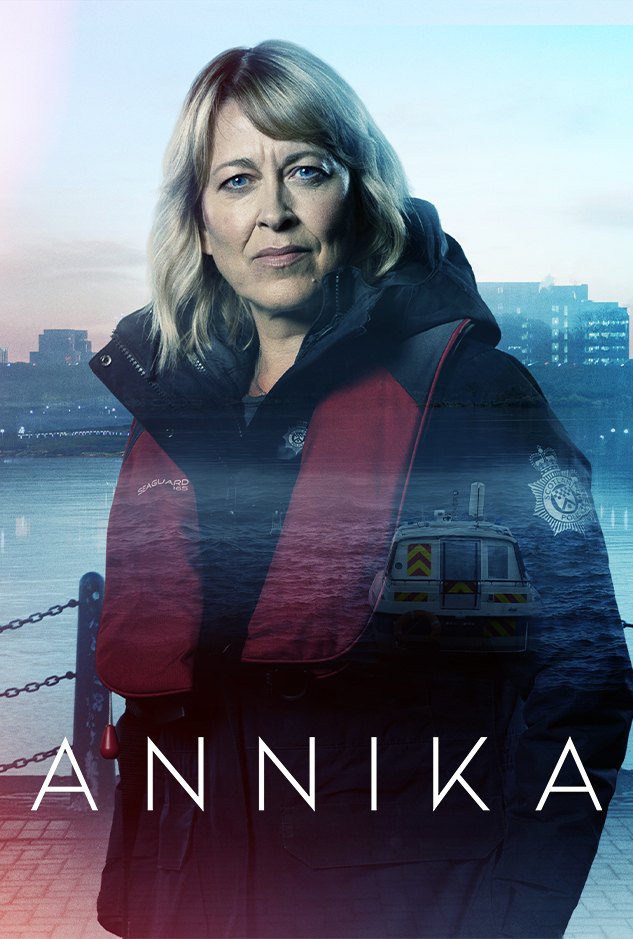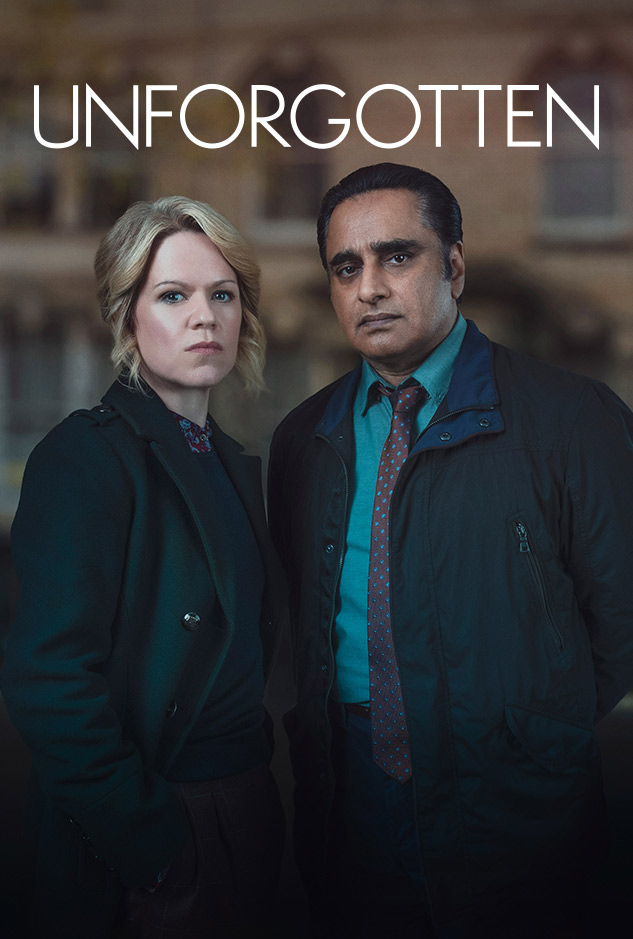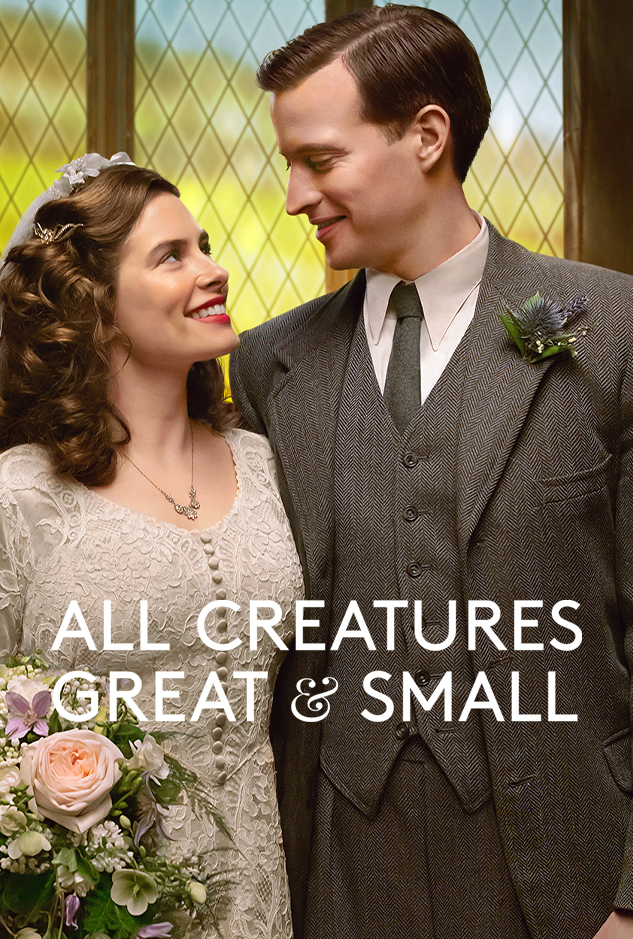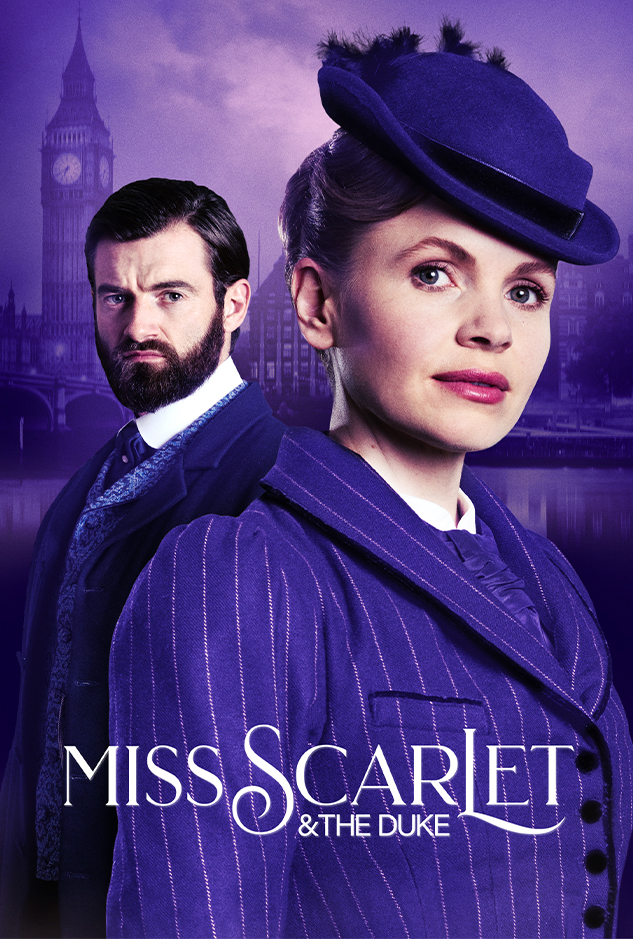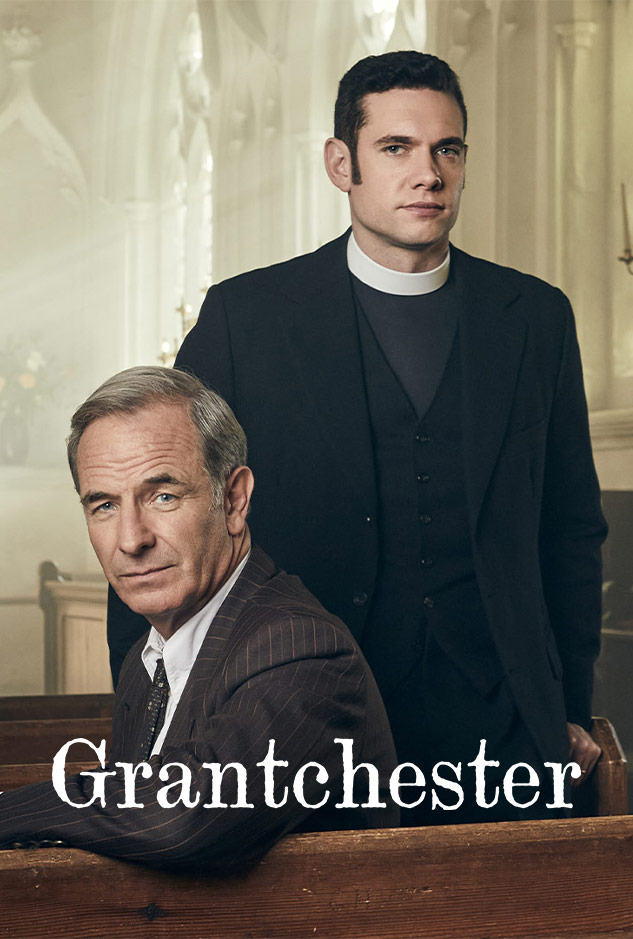Kate Phillips Interview: Back in the Corset, This Time Solving Crime
Actor Kate Phillips discusses the characters, cleverness, and costumes of Miss Scarlet & The Duke Season 1, plus Eliza’s will-they-won’t-they relationship with the deliciously insufferable Duke, and more! For more about Miss Scarlet & The Duke, breaking news, and details about other shows we think you’ll love, sign up for the MASTERPIECE email newsletter!
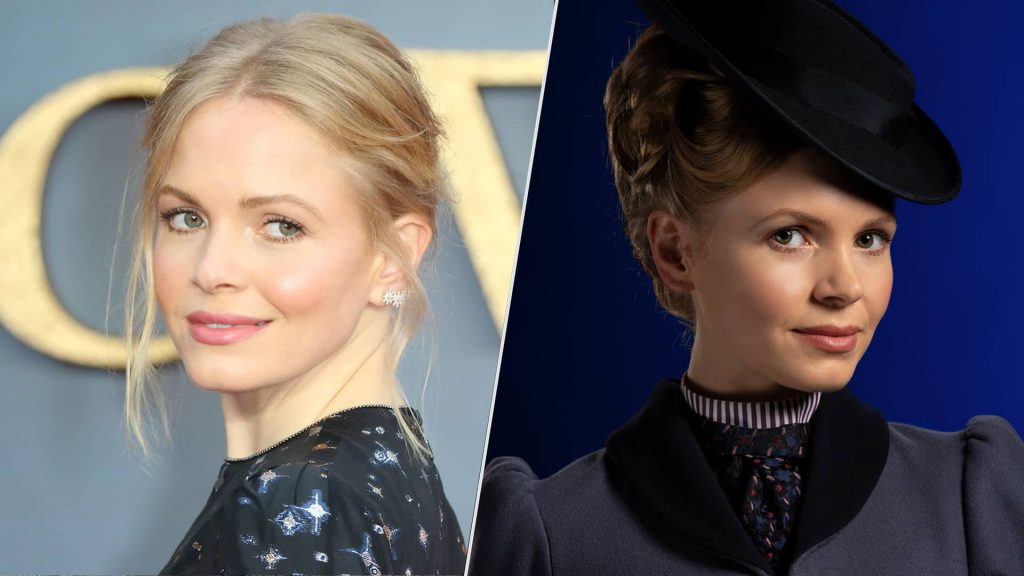

At the heart of Miss Scarlet and The Duke is a woman trying to survive in a man’s world. And while she’s aware of the confines around her as a woman, she refuses to be restricted by them. How do you achieve the balance of playing a period character in something that feels so contemporary at the same time?
It’s really interesting, because that’s what Rachael New, who wrote this, was all about when she created this character. You’ve got this woman living in Victorian era London, rooted in her time and in her moment, in the context of an age where women don’t have rights. People would not anticipate or expect a woman, particularly of her middle class/upper-middle-class stature, to be making a profession as a private detective, where she’d likely find herself in compromising situations. But then, what’s really exciting about the show is that you see her release herself from all of those constraints, against all the odds. Of course, the tone of the show allows you a kind of artistic license—I don’t know of any real-life sources of women who were fighting crime in that way. But you’d like to believe that perhaps there was one lonely woman who no one chose to write about, who was doing something like that.
What I love about the show is that it’s got such a contemporary feel in that viewers, men and women of today, can look at it and go, “Hell yeah, I’d love to believe that there were women out there doing that kind of thing, with that kind of spirit!”
But we don’t just want to believe that—we want to be her, to be as smart and as brave, and have all that pluck!
Absolutely! I mean, I would like to be a little bit more Miss Scarlet. I certainly don’t have her bravery, and I have very much less to contend with, as well.
Is there any Eliza Scarlet in you?
There must be, in that whatever sort of actor-y instincts that one has, they are me. But I think it’s more a case where I’d like to be a bit more like her. I certainly am not as clever and as sharp as she is, and I’d love to be as witty as she is.


What is it about Eliza and William that make them such a great pair?
I think we really enjoy watching them bicker. There’s a lot of juice and fun to be had. Those kinds of scenes are always really fun to play because there’s banter. And even though the Duke can say some terrible things, he always says them with a real sort of twinkle, and Eliza’s right there to set him straight. So what I love about their duo is that they’ve clearly got a journey to go on together. Eliza, too—she’s got a lot to learn. She has a real naivety about her, and I think she’ll need the Duke a lot more as the series progresses.
With this crackling banter and humor, it’s almost like a dance with those two—they come together, and then move apart. But there’s also a real tenderness that, once in a while, emerges. Does it stem from their relationships with Henry Scarlet?
It’s a lovely dynamic that you see right from the first episode, actually. The huge loss of this wonderful person in her life—her rock, really—the one that inspired her to have all her wonderful confidence and brilliance as a woman, and he’s gone. The only person that she has left in her world who knew her father and understood her relationship with him is William, and he’ll always be there, and that will never change. So whatever rough times William and Eliza go through, they will always return to the fact that he loved her father, and obviously so does she, and they understand each other. I think he will always want to protect her because of his forever love for her father, as well. It’s lovely that that tenderness is in their backstory, because it always brings them together.


What do you think is the Duke’s most infuriating quality?
It’s really frustrating, as modern woman—and I’m sure, for many viewers—the way that you think he’s got it; you think he finally understands that maybe Eliza has something, and he’s going to see her through and support her…and then he just backtracks. But I think it’s yet to really sink in with him. He can’t turn that corner so quickly. He’s got a long way to go.
What do you think is his most redeeming quality?
Well, he’s sort of like a puppy, you know what I mean: Is it redeeming, or is it a bit pathetic? I don’t know! [Laughs] He gets furious, but he’s also capable of a huge amount of love. And he clearly, evidently, adores her, and it’s very sweet watching him try to hide that and conceal that and work with that. So in short, his capacity for love.
What do you think is Eliza’s most infuriating quality, and then her most redeeming?
Her stubbornness! Poor Ivy cares for her hugely, and while one respects her bravery and her tenacity, it’s also slightly crazy to be going out on to the streets of London, after dark, and doing what she does. It must be awful living with her, so I don’t blame the Duke sometimes, or Ivy. But of course, I’d say that the same thing is probably her most redeeming characteristic. She’s relentless, but then, she’s also persistent, and that’s what we love about her. She gets it done in the end, which is great.
What was that like wearing the incredible costumes, and how did they work with Eliza’s character?
I was really excited. I’ve done a few period dramas before, and though on Wolf Hall, the costumes were made for us, you generally go to these costume places and get dressed in amazing period clothes that have probably been used before. But it was very unusual that everything was made for us, and very exciting.
I think they were keen to do that because the show has a contemporary feel, as you know. Whilst the shapes and the lines are period, and I had corsets and everything, I feel like the colors and maybe the fabrics felt a little bit 21st century. Leonie Prendergast designed all of our outfits, and I actually fell in love with several. I [Eliza] have lots of lovely clothes, but Ivy had this beautiful shirt, a sort of Liberty print pattern, and I’d wear that now. They’re really lovely stuff. And I was just so grateful to have pockets in my skirt, because any actor loves something to do with their hands, and you can just shove your hands in your skirt and feel very cool.


Were there any allowances or modifications made for her action sequences?
Yes, and we learned that as we went. When I came to Ireland about a week before we shot, and had fittings every day because the costumes were still a work-in-progress—they’d made them, but they hadn’t quite fitted them to my figure. And we discovered that maybe that skirt was very heavy, so the next dress that was made was a bit lighter. As the season goes on, you do see the lines become a little bit more simple, but lighter, so that she’s still able to do fight scenes and all of those fun little bits and bobs.
Another central element of the show is this ragtag band of outsiders working together, with everybody bringing something to the table that the others cannot because of their status in conventional Victorian society. What do make of these often-unlikely allies?
What I love about this ensemble, and why I think they work really well, is that whilst they may not know it yet, they all need each other, and they’ve had to recognize in one another the struggles that they have to personally go through. Everyone has a glass ceiling. Eliza can only go so far because she’s a woman. Moses has a much tougher time of it. Even William—he talks about the fact that he was born in a working-class environment, and when he’s up against Superintendent Sterling, he’s not going to be taken seriously. That’s something that I particularly love. And there’s something in the relationship between Eliza and Moses that I really like, as well. They both have to do different things in order to be taken seriously, and I think they see that in each other, and that’s why their relationship becomes so solid.
So often in the mystery genre, the detective is brooding or troubled, or damaged by all they’ve seen and experienced. And it’s so nice that Eliza’s not like that—she has challenges, but she’s not broken in any way. She has a goodness and an optimism that infects those around her.
Yes! And I’m hesitant to compare her to this, because I think perhaps there’s more going, but I’ve often heard it said that the reason why Paddington—you know, the bear—is such a brilliant story and such a successful movie franchise is that Paddington is so good, and it’s everyone else who changes around him. Sure, he has flaws and gets himself into silly situations, and is naïve and optimistic, but he’s so consistently good, and he changes the people around him. I’m not quite sure I’d go so far as to say that Eliza’s capable of doing that, because everyone’s on their own journey, too, and she’s definitely got a lot to learn. But there is something wonderful, watching this main character just be so consistently wanting to do good. That’s kind of her overarching drive.












